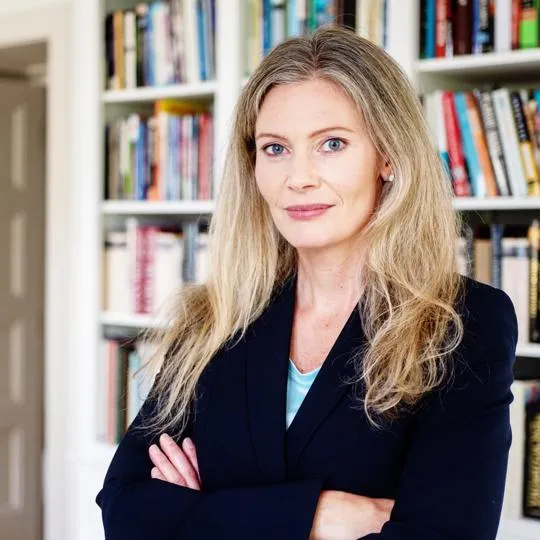08 May 2022
A team at King’s College London has used sociologically informed research and stakeholder engagement to strengthen global efforts against biological weaponry.
A team at King’s College London, led by Dr Filippa Lentzos from the Department of War Studies, has used sociologically informed research and stakeholder engagement to strengthen global efforts against biological weaponry.
Biological and Toxic Weapons Convention
The Biological and Toxic Weapons Convention (BWC) is an international treaty that prohibits biological weapons. Although an important agreement signed by 183 states, the convention is not robust enough to ease global concerns over the development and use of biological weapons. It clearly forbids the development of biological agents with the intent to cause harm. However, where intent is not clear-cut, it is challenging to assess where the line is between prohibited activities and permitted activities for peaceful or defensive purposes. Further complicating compliance assessment is that the treaty lacks formal verification mechanisms to assess state compliance.
Concern over biological weapons are escalating with scientific advances. Abilities to manipulate genes, biological systems and delivery systems could enable biological weapons to emerge that are more capable and more accessible, with attacks that can be more precisely targeted and are harder to attribute.
Mitigating biological threats
Dr Lentzos and a team from King’s has built a body of research studying the complex relationship between transparency, evidence-based judgments and trust in biodefence programmes, areas where the potential for repurposing biological research and development for harm is greatest.
The research has explored the evolving landscape of biological research and development. It has drawn attention to the social context of biological threats, how the likelihood and types of threat are constructed in particular settings, by particular groups of individuals and institutions, and the international efforts to counter them.
Their findings have shown that Cold War-era tools of compliance assessment are becoming increasingly outdated to understanding contemporary bioscience developments on the ground. They argue that the needs of compliance assessments in biological fields are increasing in complexity and require a ‘multi-level stakeholdership’ and qualitative approaches to enable states to demonstrate transparency and build trust more effectively.
Their research emphasised that an expanded ‘toolbox’ of measures is needed to manage and mitigate the potential of biological research and development activities being repurposed to cause harm. In particular, it promoted the use of three modes of regulation: ‘coercive regulation,’ or state-level measures such as statutory regulations, reporting requirements, licensing and registration; ‘normative regulation,’ which includes code of practice, guidelines and transparency measures; and ‘mimetic regulation,’ or models and examples of behaviours, national and international standards, education and awareness-raising. All three modes need to be harnessed to effectively identify, influence and inhibit those who seek to misuse biological research and development activities.
Impact
The body of research, developed over several years, has shaped the agenda of high-level international discussions, contributed to strengthening processes and practices around the BWC, and informed a range of stakeholders on crucial issues surrounding dual use and biological weapons.
Dr Lentzos’ unique position and body of research has made her an expert in this field, regularly being invited to provide technical background reports and high-profile briefings for, among others, the United Nations, the WHO, the European Commission, and more nationally the UK Cabinet Office, the UK Ministry of Defence and the Royal Society.
The UK’s former Disarmament Ambassador in Geneva emphasised the importance of Dr Lentzos’ research, describing her “as a long standing, expert member of civil society… [she is] well respected by both the expert and diplomatic communities, having an ability to ‘translate’ between the two.”
Delivering the UN Sustainable Development Goals
King's College London has a long and proud history of serving the needs and aspirations of society. We are committed to the UN Sustainable Development Goals (SDGs) as a university, and we use them as a framework for reporting on our social impact. The SDGs are a set of 17 goals approved by the 193 member states of the United Nations (UN) which aim to transform the world by 2030. This research supports SDGs 3 and 16.

